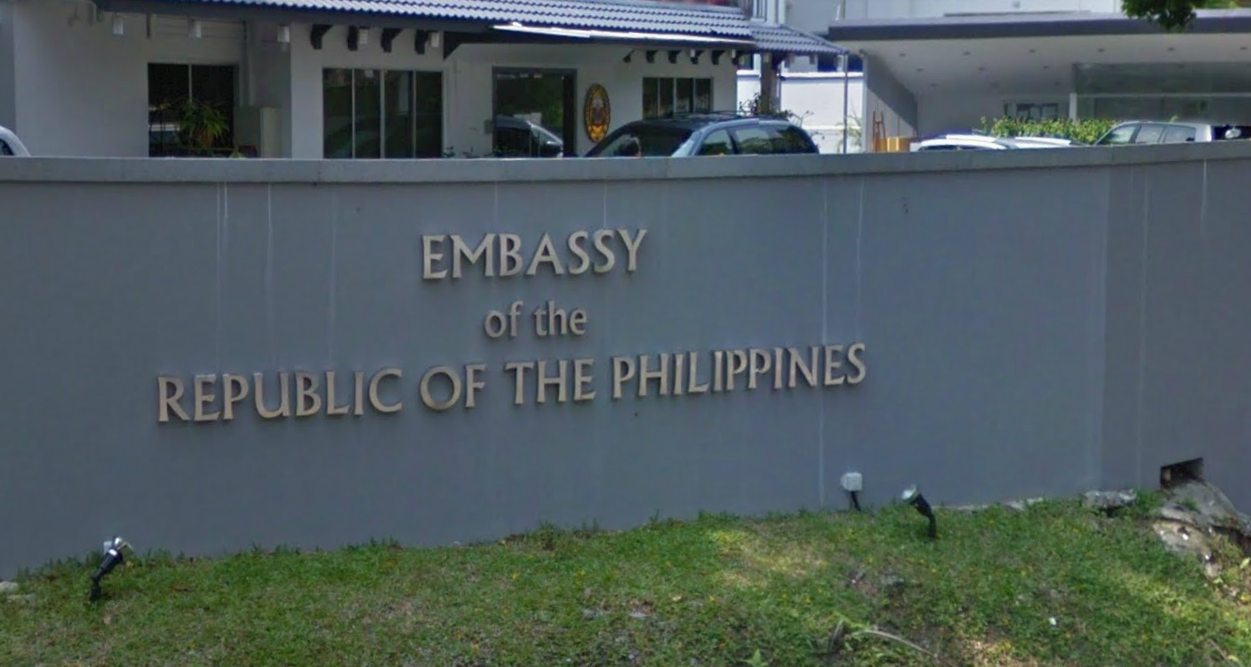Since 9 June, the streets of Hong Kong have been filled with millions of protesters marching to oppose the proposed Extradition Bill. This is because Hong Kongers are unhappy with the Hong Kong Legislative Council as it is adamant to pass a new law that would allow residents to be extradited to mainland China.
Their biggest issue with the proposed law is that it is seen as a real threat to the city’s judicial and legal independence from China which is enshrined in the “One Country, Two Systems” model put in place when the British relinquished control of Hong Kong to the Chinese government.
Some of the protests have even turned violent, especially the one that happened on 1 July. A group of demonstrators stomped into the parliament building and defaced the Hong Kong emblem, ruined portraits of political leaders and destroyed furniture.
Following multiple protests that took place in the span of a month, Hong Kong’s Chief Executive Carrie Lam announced on 9 July (Tuesday) that the controversial Extradition Bill is now “dead”.
She said, “I have almost immediately put a stop to the (bill) amendment exercise, but there are still lingering doubts about the government’s sincerity, or worries whether the government will restart the process in the legislative council, so I reiterate here: There is no such plan, the is dead.”
However, South China Morning Post reported that although her latest statement marks a shift from her earlier stance that the Bill “will die” in 2020, it remains ambiguous as to whether the Bill will be fully withdrawn as protesters have demanded because it still appears in the legislative’s agenda.
The emergence of “Lennon Walls” across Hong Kong
One week after the storming and vandalising of the parliament building on 1 July, Hong Kongers now took a new form of protest by creating more “Lennon walls” across the city, where big and small walls across the city’s districts are covered with colourful pieces of paper, mainly Post-it notes, with thoughts and messages regarding the protest and the bill.
Their writings range from inspiring quotes by Martin Luther King, Jr, to profanity-laden calls for death to police.
The colourful collages of Post-it notes have their roots in the 2014 “umbrella movement”, where demonstrators embellished the wall next to a staircase near the parliament with labels of support and encouragement to each other.
But the latest emergence of “Lennon Walls” is seen as way to keep up with anti-extradition bill campaign, and are not limited to a certain area as it has sprouted to many areas across the city, even in some uncommon neighbourhood like politically conservative Tai Po, Sha Tin and Tsuen Wan districts in the New Territories.
The original “Lennon Wall” was actually dedicated to the late John Lennon in the 1980s in Prague, and was covered with graffiti and lyrics inspired by the band, Beatles. Its establishment became a source of annoyance for the communist regime due to its many harsh messages.
A lot of the Hong Kong protesters who are not entirely certain about their next move say that posting their messages on the walls are a way to show that they will continue to fight.
Claudia Mo, a pro-democracy lawmaker pointed out that the Lennon walls, which according to her is an installation art, were “the best outlets for young to vent the anger and resentment in a peaceful manner” and were “effective reminders of the governance crisis”.
Despite being viewed as a rather subtle form of protest, it still got on the nerves of government supporters and stirred displeasure among the authorities.
Hong Kong media have reported that on Wednesday morning (10 July), more than 200 police officers, some equipped with shields, made their way to a Lennon wall in Tai Po to remove some of these messages as they included personal details of police officers.
Around the same time, two retired police officers along with a 46-year-old man were arrested over assaults at “Lennon Walls” in separate clashes just hours apart.
It was reported that the retired policemen were apprehended for assault during a confrontation with demonstrators at Yau Tong MRT, whereas the 46-year-old man was taken into custody after he punched two people guarding a Lennon wall in a pedestrian walkway in Kowloon Bay.






